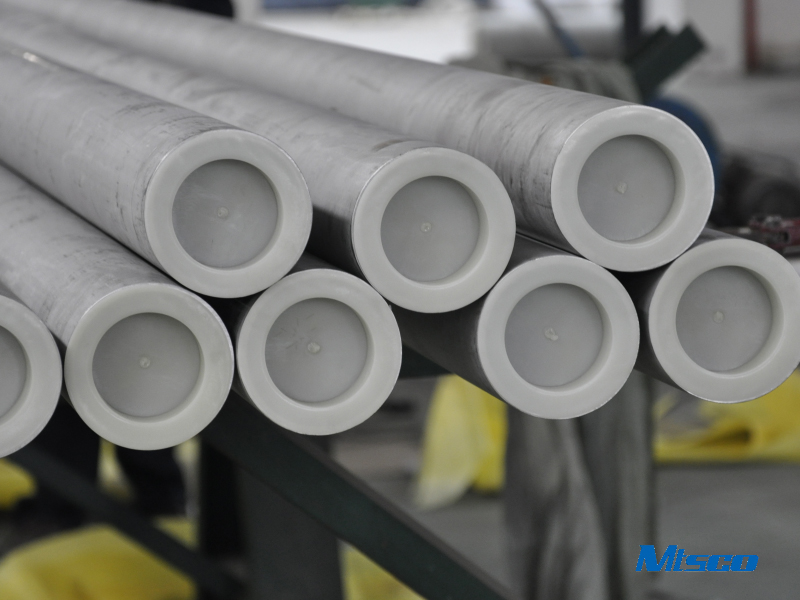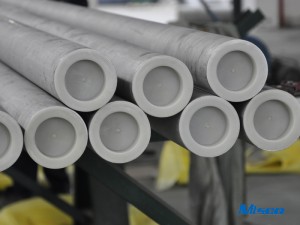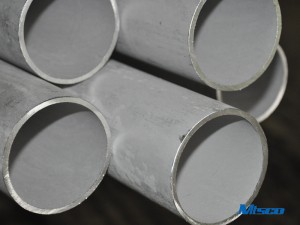Nickel Alloy 625/06625 ASTM B444 Shot Peening AP Seamless Pipe
1. Material Grade: Alloy 625/ UNS N06625, Alloy B/ UNS N10001,Alloy B-2/ UNS N10665, Alloy B-3/ UNS N10675, UNS N06022, N08800, N08825, N04400; etc
2. Outer Diameter: 6mm-355.6mm
Wall Thickness: 0.7mm-20mm
3. Length: Normally fixed length 6m, can as per customer’s requirement
4. Standard: ASTM B444; ASTM B163; ASTM B167; ASTM B622 etc
Nickel Alloy 625 Chemical composition:
% | Ni | Cr | Mo | Fe | C | Mn | Si | P | S | Co | Nb+Ta | Al | Ti |
min | 58.0 | 20.0 | 8.0 | 3.15 | |||||||||
max | 23.0 | 10.0 | 5.0 | 0.10 | 0.50 | 0.50 | 0.015 | 0.015 | 1.00 | 4.15 | 0.40 | 0.40 |
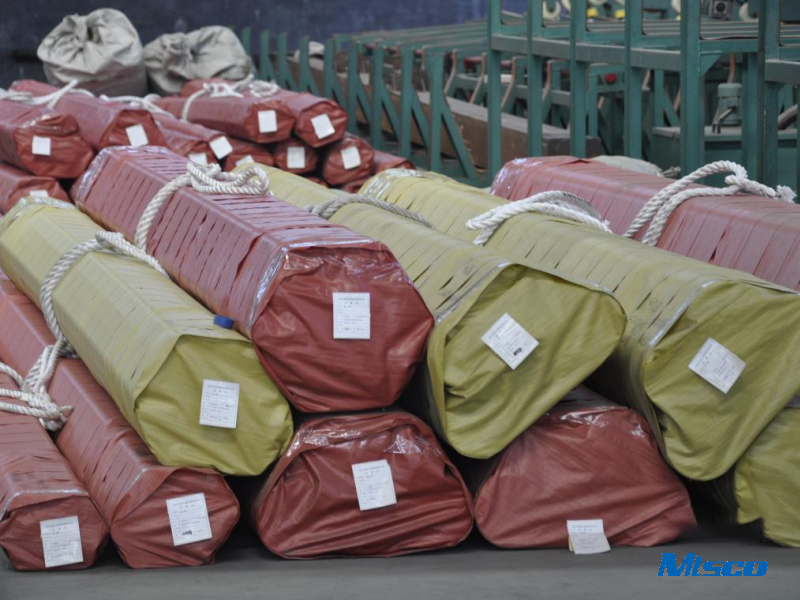 | 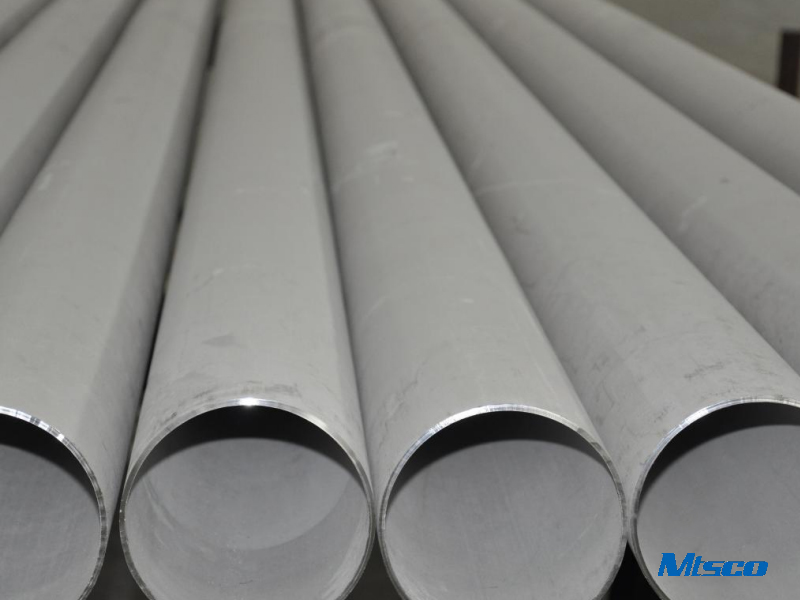 |
Through more than ten years of research and development, the production of MTSCO Alloy technology and efficiency of various materials have been greatly improved. The enterprise has passed the national quality management system certification of weapons and equipment, obtained more than 24 authorized patents, participated in the revision of 9 national standards and 3 industry standards. MTSCO has actively participated in the civil military integration project, provided high-temperature alloy materials for a PLA unit, provided high-quality special alloy materials for China ordnance industry group, and provided new low expansion alloy materials for China aviation industry. It has been successfully applied to the domestic large aircraft C919, replacing imports with domestic ones, breaking the foreign blockade monopoly and filling the domestic blank.
Features: Inconel 625 has excellent strength at temperatures up to 816℃. At higher temperatures, its strength is generally lower than that of other solid solution strengthened alloys. Inconel 625 has good oxidation resistance at temperatures up to 980℃ and shows good resistance to aqueous corrosion, but is relatively moderate compared to other more capable corrosion resistant alloys.
Applications: Chemical process industry and sea water application. Inconel 625 is used in short term applications at temperatures up to 816℃. For long term service, it is best restricted to a maximum of 593℃, because long term exposure above 593℃ will result in significant embrittlement.


